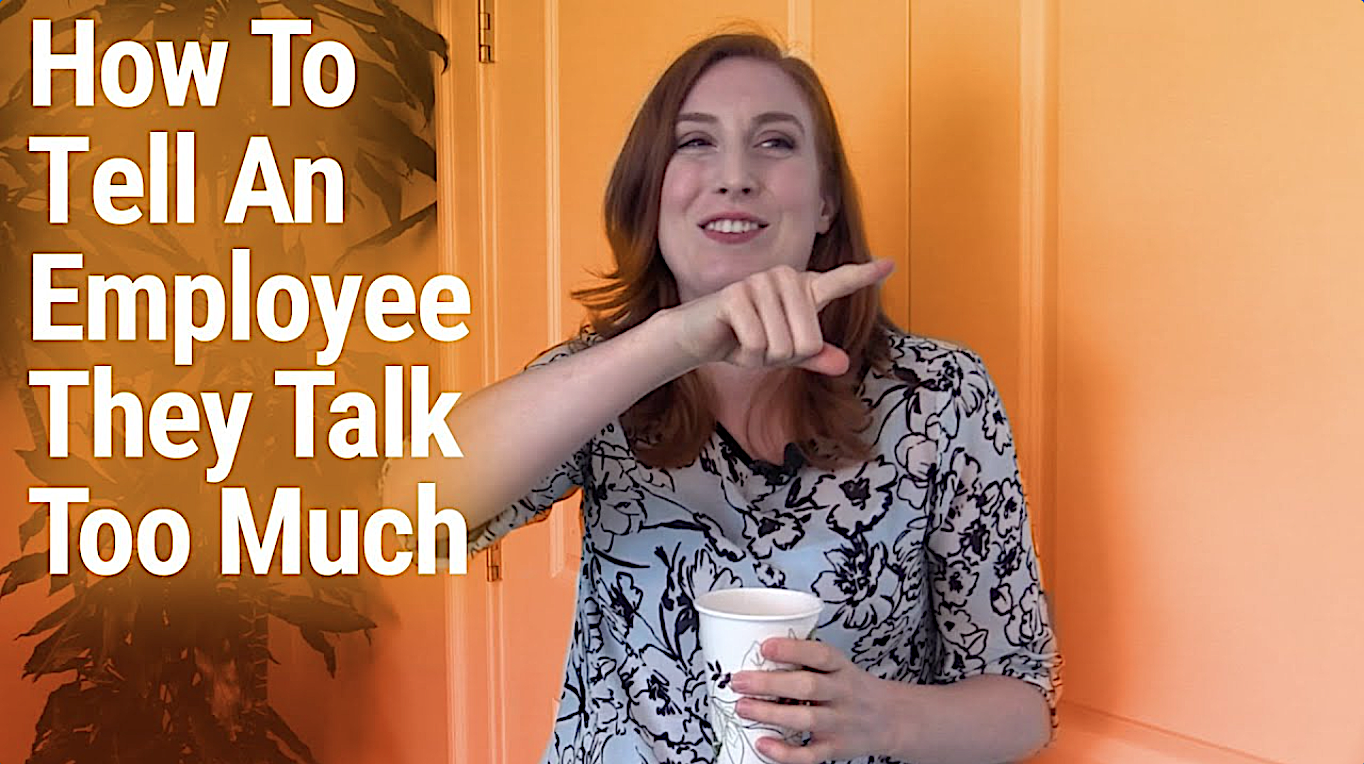Does that sound like anyone you know? If so, do you also feel trapped and don’t know how to repond?
Plan A: Pick a calm moment when you initiate the conversation and say to them, “I’d like your help with something and I’m okay if you’re not able to help.” Hopefully that will cause them to be curious. Then say, “Thank you. What I need your help with is that in some of our conversations, I’m very close to becoming impatient, rude and curt, none of which I want to be. And I think it’s because in those conversations I can tell that you enjoy speaking and getting things off your chest, but what happens for me, is that I am listening for what you want me to do or say and want to get handled, because I usually have to go take care of something else.”
Plan B: If you’re talking about an instance where you’re doing something social and you really don’t have something else to do, but they’re just going on and on and annoying you, you can start with the same beginning question and then say, “”Thank you. What I need your help with is that in some of our conversations, I’m very close to becoming impatient, rude and curt, none of which I want to be. I think that happens when you’re saying things just because it feels good to you to talk and I’m thinking of something else I need or want to do. Going forward what would work better for me is for you to talk a bit if that makes you feel better, but to try to be a little more concise and if possible to the point, because that’s where my mind goes and I begin to wonder what is the point your making or wanting me to get?”
Plan C: If either of the above triggers upset or embarrassment in them that causes them to become hostile, you can try the following: “Thank you. What I need your help with is that in some of our conversations I don’t know if you want me to just be aware and ask questions to show my interest and have you talk something out or whether you want me to listen and come up with a solution, advice or some answer. Going forward, what I am going to do is that when we start to have a conversation, I’m going to stop you a few seconds in and say, ‘Ah, excuse me, is this an awareness conversation where you just want me to listen or a conversation where you want to offer advice or take some kind of action?’ Then whatever you say, I’ll do my best to pick the best way for me to be for you.”
If any of the above triggers a hostile reaction, it may be because you caused them to feel embarrassed or even humiliated and that caused them to lash out at you. If that happens, let them vent, pause for two seconds and say, “I’m sorry if I just embarrassed you, but I really do need your help, because if it doesn’t change, the next thing I will begin to do is start avoiding you and that is something I don’t want to do.”
Caveat emptor: If the person who talks too much is you and it seems that people are starting to interrupt you or avoid you, show this article to them and say, “Am I that person who talks too much?” If they say, “Yes,” respond with, “Gee, I truly am sorry and going to do my best to become a better and more concise communicator. If I do that, can I check in with you every couple weeks for you to tell me how I’m doing and how I improve even more.”
If you talk too much and do this to remedy it, you will be amazed how grateful people feel towards you and how much respect they’ll have for you by owning up to it and offering them a way to make conversations better with you. In doing this you can turn a frustrated, annoyed and avoidant person into a big fan.


